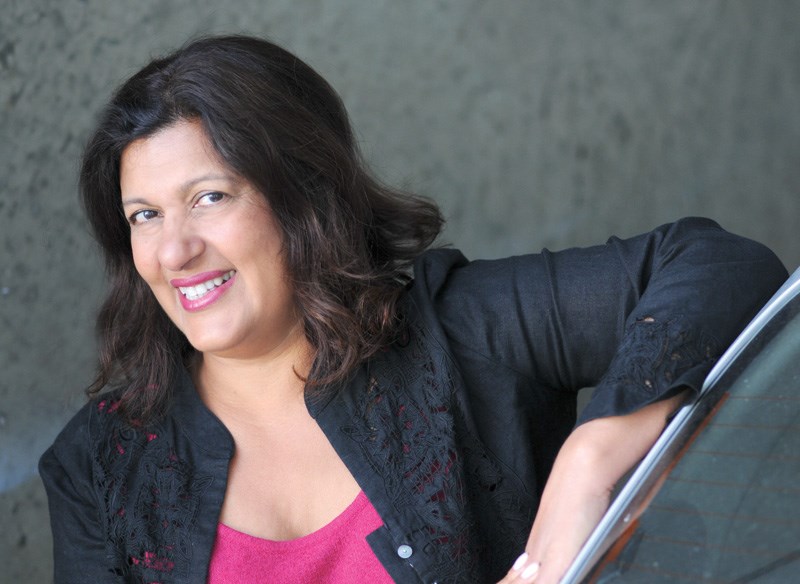While participating in a lawyers’ golf tournament recently, our foursome somehow ended up chatting with the foursome behind us, discussing guns and kids.
(I know, an odd conversation to be having on a beautiful North Shore golf course in the middle of the summer, but hey, we’re lawyers.) A young female lawyer mentioned that having been raised in Pakistan, a military state, guns didn’t faze her. “That’s why she is so comfortable with ISIS,” her golf partner casually quipped.
I was stunned by his comment. Making light of terrorism, senseless killing, tragic consequences for millions of displaced families, and far reaching ramifications for people everywhere ... really? I looked over at one of my golf buddies, a provincial court judge, and saw her physically recoil at the comment before turning away.
The young woman quipped back, “listen, get your terrorist groups right; it’s the Taliban in Pakistan, ISIS is in the Middle East.” He laughed, she laughed and we kept playing golf, if you can call what I was doing actually golf! No one said another word about it. But it really bothered me. She was a junior lawyer. Were they friends, I wondered, or colleagues, or was he her boss? Why didn’t I say anything? Was I being too sensitive to a humorous exchange? Too PC? On reflection, I didn’t respond because I simply wasn’t sure how to respond.
We need to discuss racism. Every situation is different; we don’t always know people’s intentions, but if the words and actions have hurtful or negative consequences, shouldn’t we say something? When I started practising law, over 25 years ago, I was often the only woman, let alone brown woman, in court. Initially it was difficult to establish credibility, not only with judges, but also with my lawyer colleagues. Was this young lawyer in the same position? Clearly she was quick-witted and I am sure an excellent lawyer too, but still I felt I could have and should have done more.
A few days later, as I was still mulling over the exchange, I struck up a conversation with a gentleman. I asked him how he was, and instead of the usual “fine,” he told me that his son needed surgery on his finger that day as a result of an altercation he had with another youth.
While playing sports, he had been taunted by an opposing team player, who mockingly called him a “monkey.” His son had warned the player about the racial overtone of the remark, but the other player repeated the racial slur and they had fought. Again, I was stunned. This happened on the North Shore? Where was the referee? Where were his teammates, the other players or the bystanders? What was their role in this situation? In the heat of the moment, the man’s son had caused physical harm to himself and possibly the other player and potentially exposed himself to legal and other ramifications due to his ill-advised response. But, it leaves one to wonder, why did this young person have to deal with this alone? Where was the community?
I could feel the father’s pain and I am sure he could feel mine. I kept thinking: Really? Is this really happening in this day and age? Has nothing changed? Are things going to be worse for my children? It felt a bit like turning back time to when people were not as open and accepting of diversity. I know that so many in our community value and appreciate that difference makes us stronger and better, but there is still work to be done.
I invited the father to come, with his son, to a forum on acting against racism I’ll be speaking at on Thursday, Sept. 14 at the Kay Meek Centre in West Vancouver. Only through open dialogue can we develop strategies to counteract racism and intolerance on a societal, organizational and individual level. I hope they show up. I hope to see you there, too.
Shelina Neallani is a lawyer, social worker and mediator who lives in North Vancouver. She is a member of the North Shore Multicultural Society board of directors and is one of the panellists in the upcoming Acting Against Racism: Strategies for Moving Forward public forum. More info at nsiip.ca.



